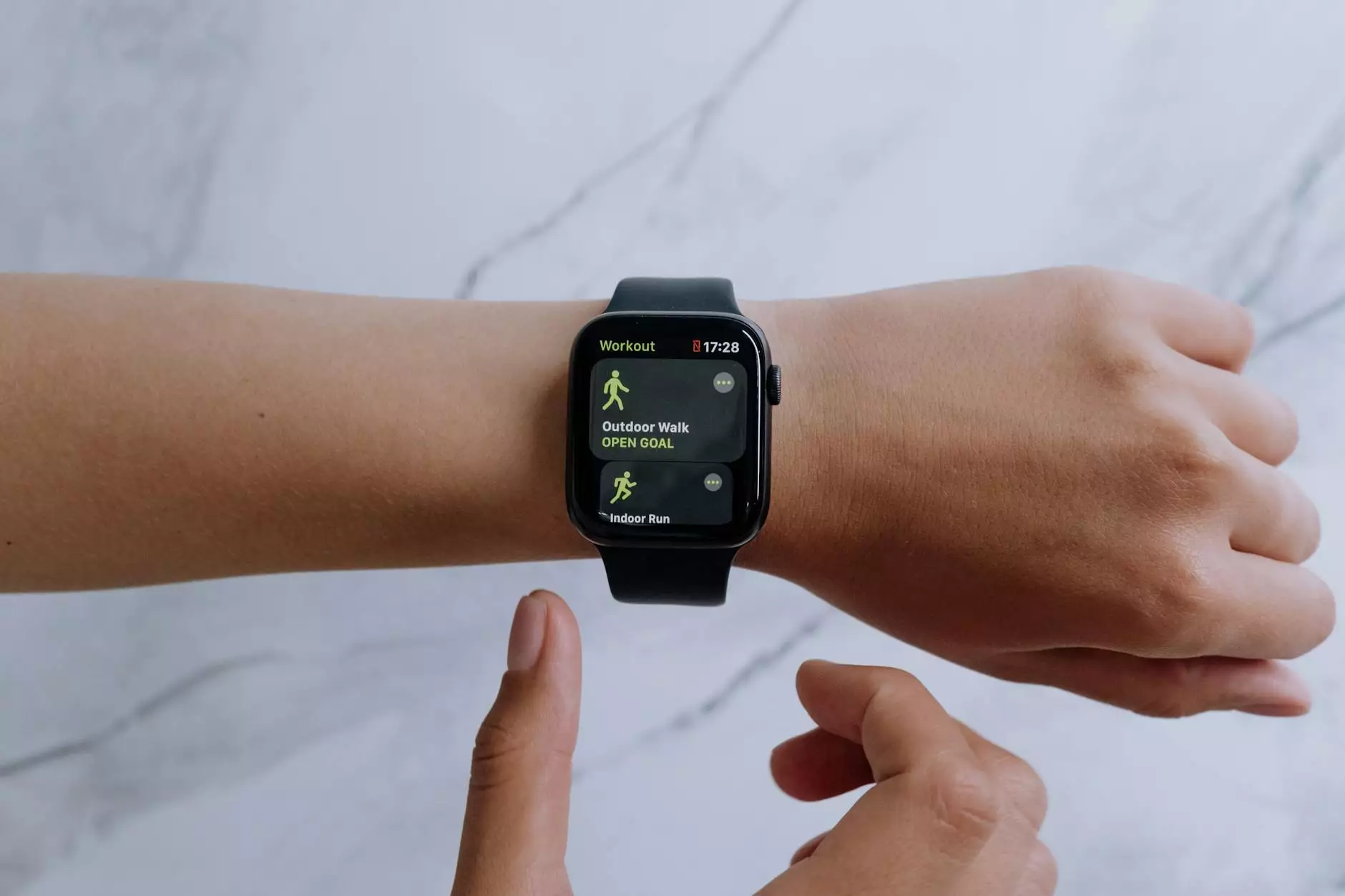Mobile Dental Clinic Vehicle - A Revolutionary Solution for General Dentistry

Introduction
In today's fast-paced world, convenience is key. This holds true even in the field of healthcare, where accessibility plays a vital role. The emergence of mobile dental clinic vehicles has revolutionized general dentistry, making oral care more easily accessible to individuals in need. In this article, we will explore the concept of mobile dental clinic vehicles and the positive impact they have had on the health and medical industry, particularly in the field of dentistry.
Understanding Mobile Dental Clinic Vehicles
Mobile dental clinic vehicles, also known as mobile dental units or dental vans, are fully equipped dental clinics on wheels. They are custom-built vehicles that are specially designed to provide comprehensive dental care in even the most remote areas. These vehicles house state-of-the-art dental equipment, including dental chairs, X-ray machines, sterilization units, and all the necessary tools and supplies to perform a wide range of dental procedures.
Enhancing Accessibility and Convenience
The concept of mobile dental clinic vehicles has brought a new level of accessibility and convenience to the field of dentistry. In many underserved areas, individuals may face challenges in accessing dental care due to limited transportation options or a lack of dental clinics nearby. With mobile dental clinics, these barriers are effectively eliminated.
By bringing dental care directly to communities, mobile dental clinic vehicles ensure that individuals can receive the oral health services they need without the hassle of traveling long distances or taking time off from work. This convenience factor is especially beneficial for individuals with busy schedules or for those who may have physical limitations that make it difficult to visit a traditional dental clinic.
Comprehensive Dental Care on Wheels
Mobile dental clinic vehicles offer a wide range of services, from routine dental check-ups and cleanings to more complex procedures such as extractions, fillings, and even minor oral surgeries. These vehicles are staffed by highly skilled and experienced dentists, hygienists, and dental assistants who are dedicated to delivering quality care.
Patients can expect the same level of professionalism and expertise as they would from a traditional dental clinic. The only difference is the added benefit of convenience and accessibility that comes with the mobility of these clinics. Mobile dental clinic vehicles ensure that individuals, regardless of their geographical location, can receive the dental care they deserve.
Advantages of Mobile Dental Clinic Vehicles
1. Improved Oral Health Outcomes
The presence of mobile dental clinic vehicles has significantly improved oral health outcomes, particularly for underserved populations. By providing regular dental care and preventive services, these clinics contribute to the early detection and prevention of oral diseases. This results in a healthier population and a reduced burden on emergency dental services.
2. Cost-Effective Solution
Mobile dental clinic vehicles offer a cost-effective solution for both patients and healthcare providers. For patients, it eliminates the need for travel expenses and reduces the time spent away from work. For healthcare providers, it allows them to reach a larger patient population without the high costs associated with setting up and maintaining a traditional dental clinic.
3. Educational Outreach Opportunities
Mobile dental clinic vehicles not only provide dental care but also serve as educational platforms. They can be used to raise awareness about the importance of oral hygiene and dental health. Through community outreach programs, these clinics educate individuals on proper oral care practices and provide oral health screenings to identify potential issues.
The Future of Mobile Dental Clinic Vehicles
The concept of mobile dental clinic vehicles holds immense potential for the future of dentistry. As technology continues to advance, we can expect further improvements in the design and capabilities of these vehicles.
Integration of tele-dentistry, where dentists can remotely diagnose and provide consultation using advanced digital tools, is one such potential advancement. This would allow mobile dental clinic vehicles to connect with dental professionals in real-time, expanding the scope of services offered and ensuring optimal care for patients.
Conclusion
The introduction of mobile dental clinic vehicles has transformed the way dental care is delivered, particularly in underserved areas or locations with limited access to traditional dental clinics. These mobile clinics offer convenience, accessibility, and comprehensive dental care on wheels, improving oral health outcomes and reducing barriers to treatment.
As we move forward, it is crucial to recognize the value of mobile dental clinic vehicles and support initiatives that aim to expand their reach. By investing in these innovative solutions, we can ensure that oral care becomes a priority for all individuals, regardless of their geographical location or socioeconomic status.









